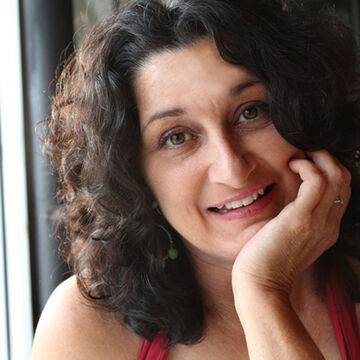

Rebecca Keller
Professor, Adjunct
Contact
Bio
Role: Professor, Adj. Sculpture, Art Education, Art History, Theory, and Criticism (1994).
Education: BFA, Minneapolis College of Art and Design; MFA: Northern Illinois University.
Exhibitions: Evanston Art Center; Skopelos Foundation for the Arts; MCA, Chicago; Chesterwood, MA; Portland Art Museum, OR; Hull House, Chicago; WaldKunst Biennial, Germany; Galerie IMZ, Germany; Hyde Park Art Center, Chicago; Tartu Art Museum, Estonia.
Publications: What is Revolutionary Art Today?, Block Gallery, Northwestern University; Excavating History, Stepsister Press; Uncovering Stories: Site-complicit Art, The Socially Purposeful Museum, Leicester University; essays for the Frans Hals Museum, Netherlands; Museum of Contemporary Art, Chicago; Travelers, Tale-telling, Truth, and Time/Art and Public History, Rowman and Littlefield..
Bibliography: "The Way of the Shovel: Art as Archeology"; Sculpture Magazine; Bad at Sports; MutualArt; Hyperallergic.
Books: Excavating History/Stepsister Press You Should Have Known (novel) Crooked Lane Books.
Awards: Fulbright Artist, American Association of Museums; National Endowment for the Arts; Illinois Arts Council, President's Urban Initiative.